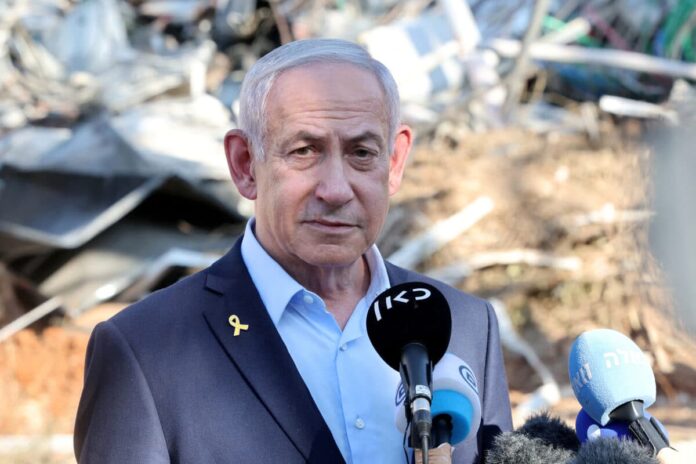In a brief video statement on June 24, 2025, Prime Minister Benjamin Netanyahu declared that Israel had secured a “historic victory” by rolling back both Iran’s nuclear ambitions and its ballistic missile buildup. He credited a US-brokered ceasefire that ended the 12-day conflict and vowed to act again if Tehran tries to rebuild its programs.
Israel’s Achievement Against Nuclear and Missile Threats
Netanyahu said Israel had removed “two existential threats—the threat of destruction via nuclear weapons and via 20,000 ballistic missiles” that Iran was racing to develop. He warned that if Israel had waited longer, “we would have faced destruction soon.” He praised President Donald Trump’s decisive support in striking Iran’s underground Fordo uranium-enrichment site, calling it “an act unseen before in history.”
The prime minister credited his diplomatic push alongside Strategic Affairs Minister Ron Dermer for securing US military action, calling it “the fruit of the campaign we led.” He added that “Israel has never had a friend like President Trump in the White House,” emphasizing the close cooperation between the two leaders.
Fury and Friction: Trump’s Public Rebuke
Despite Netanyahu’s praise, President Trump publicly lashed out at Israel’s pre-ceasefire strikes, calling them “ridiculous” and urging calm. Trump criticized a rocket Iran fired after the truce took effect, then warned Netanyahu not to retaliate further. A White House source told Axios that Trump’s phone call with Netanyahu was “exceptionally firm,” highlighting tension even as both leaders celebrated the setback to Iran’s weapons program.
Timeline of Strikes and Responses
- Before 7:00 a.m.: Israel launched a major attack on regime targets around Tehran, killing hundreds of Revolutionary Guards members.
- 7:00 a.m.: Ceasefire took effect.
- Shortly after: Iran fired multiple missiles; one killed four civilians in Beersheba. Israel responded by downing drones and striking a radar array near the capital.
An IDF statement stressed that Iran violated the ceasefire and that Israel acted in self-defense, underscoring the complex choreography of attacks and diplomacy on both sides.
IDF Assessment and Future Focus
In a separate briefing, IDF Chief of Staff Lt. Gen. Eyal Zamir praised the operation’s success but urged caution. He said the campaign against Iran was not over and that Israel must “keep our feet on the ground.” He noted that setbacks to Iran’s nuclear and missile programs would last years, but he warned that new challenges lie ahead, including the ongoing war in Gaza and the mission to free hostages held by Hamas.
Personal Analysis
This episode shows how Israel and the United States can align under a shared goal yet clash in real time. Netanyahu’s celebratory tone underlines his need to project strength to domestic and regional audiences, while Trump’s angry outburst reflects an American leader balancing support for an ally with broader strategic concerns. Moving forward, Israel faces the dual task of deterring Iran permanently and managing fallout at home and abroad, all under the watchful eye of a US president with unpredictable reactions.

